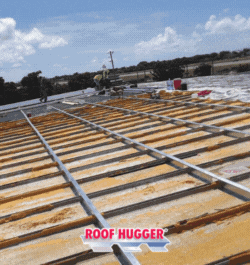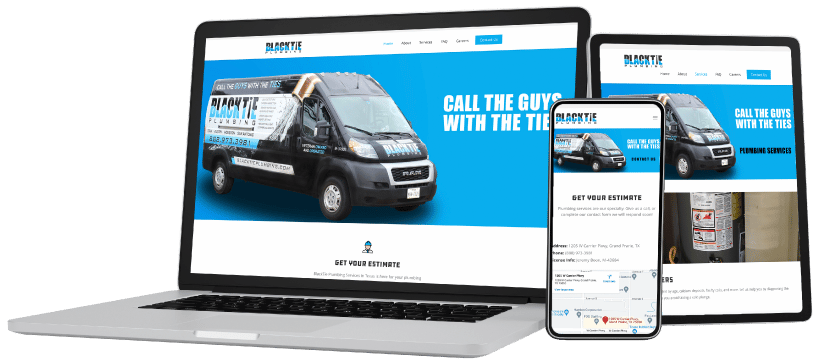How to Continue the Conversation With Customers Currently Under Contract

By Carol Katarsky, CertainTeed.
What to tell customers during these unprecedented times.
Due to the novel Coronavirus, the roofing industry has been met with unexpected challenges. These include, but are not limited to, supply chain issues, job sites being shuttered by various government mandates, additional safety procedures and more.
Getting back to normal may take longer than expected or desired, and it remains more important than ever that you continue to reach out and support your customers who are under contract. However, with this constantly shifting landscape it’s often hard to know what to do or say, as plans these days seem to go out the window more frequently than not. Regardless, as you continue your communication with customers be sure to take the following into consideration.
Communicate carefully
For projects in process or about to begin, it may now be impossible to meet the requirements of your contract. Customers are going to want to know what is happening with their project, what the timeline looks like for beginning or resuming work and the financial repercussions. Even if you don’t have all the answers to those questions, it’s vital to reach out to reassure them you are working on it.
Before you do, review your company’s legal responsibilities and options. Depending on the specifics of your contract, coronavirus-related stoppages may be considered a force majeure event, but that doesn’t release you from having to meet certain requirements for notifying customers.
The Associated General Contractors of America (AGC) released a sample delay letter you may consider using. (Note: Laws vary by state and the requirements of your contract will shape your response. Review your options with your company’s lawyer before you send anything regarding the contract and your actions. You want to ensure your letter is paving the way for open communication, not a potential legal liability.)
Have a central contact
As you develop a strategy for your messages, consider who those customer messages come from. In most cases, they’ll be most credible if they are sent from a member of the company’s top leadership rather than a general address or spokesperson.
One exception: if your company has a specific manager who serves as a designated customer liaison. In that case, your messaging may get the most mileage from the person with the established customer relationships.
For projects that haven’t started yet
Normally, companies wait until they have solid information to share, but these aren’t normal times. As fast as current events are evolving, you may have to reach out to customers more often – if only to say that you are keeping tabs on the situation and will share more details when you can. Reaching out before they contact you reassures customers that, while projects may be delayed, your company is still functioning and looking out for its customers’ best interests.
For projects underway
Just as for projects that haven’t begun yet, you want to reach out early to share what you can, when you can. If the job site is still operating but you’re concerned about potential slowdowns from workers being out sick or supply chain challenges, be transparent about that. Customers watch the news too and understand that this is not a normal time for any business. Letting them see that you are monitoring progress will reassure them that their project may be delayed, but it’s not forgotten.
You can also let them know what steps your company has taken to protect workers on the site, such as providing additional personal protective equipment or changes to allow them to maintain more personal distance to prevent the spread of the virus.
If the job site has been closed due to government mandate, tell customers what you can about how long you expect the project to be closed and your plan for restarting the project as soon as the restrictions are lifted. You should also communicate the steps you’ve taken to secure the job site and document the progress made up to the point it closed.
How to communicate it
Finally, don’t be afraid to show a little empathy. Right now, virtually everyone is struggling to find new routines and handle crisis management, among other things. Besides sharing the status of customer projects, let them know you understand what they’re dealing with – and that you share the same challenges. Showing a little humanity can forge a stronger customer relationship that will help you both get through this crisis.
Learn more about CertainTeed in their RoofersCoffeeShop® Directory.
Original article source: CertainTeed






















Comments
Leave a Reply
Have an account? Login to leave a comment!
Sign In